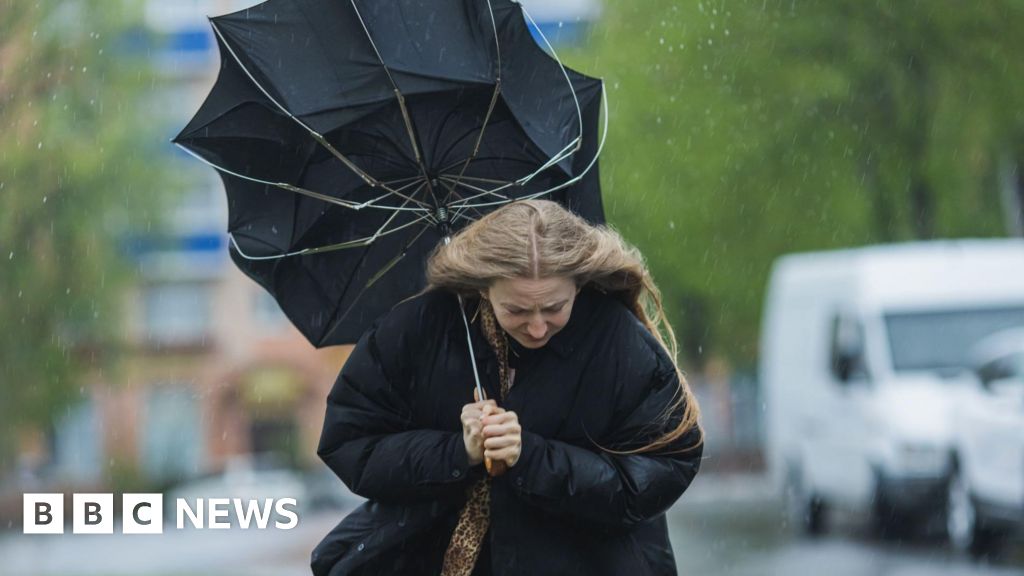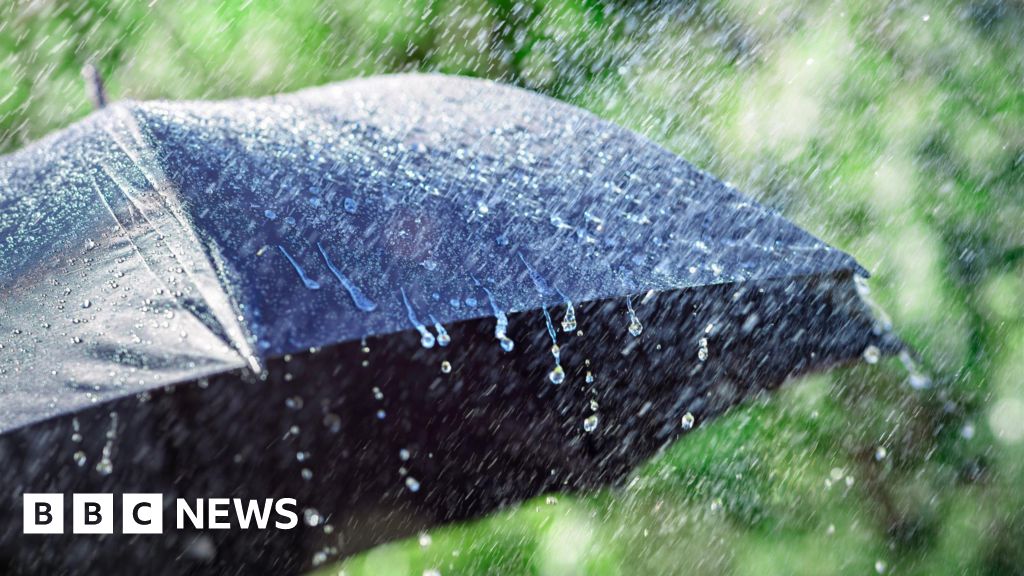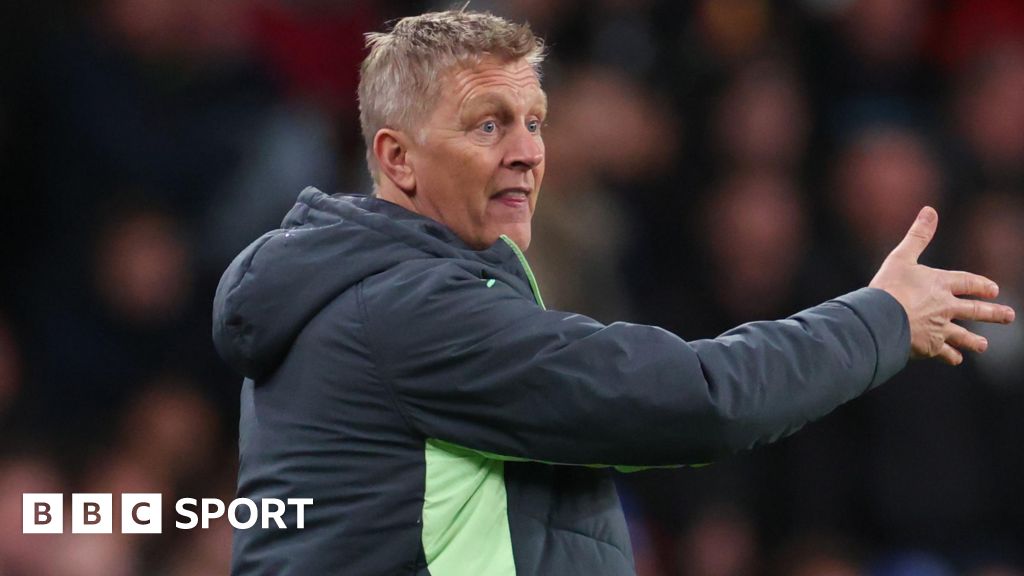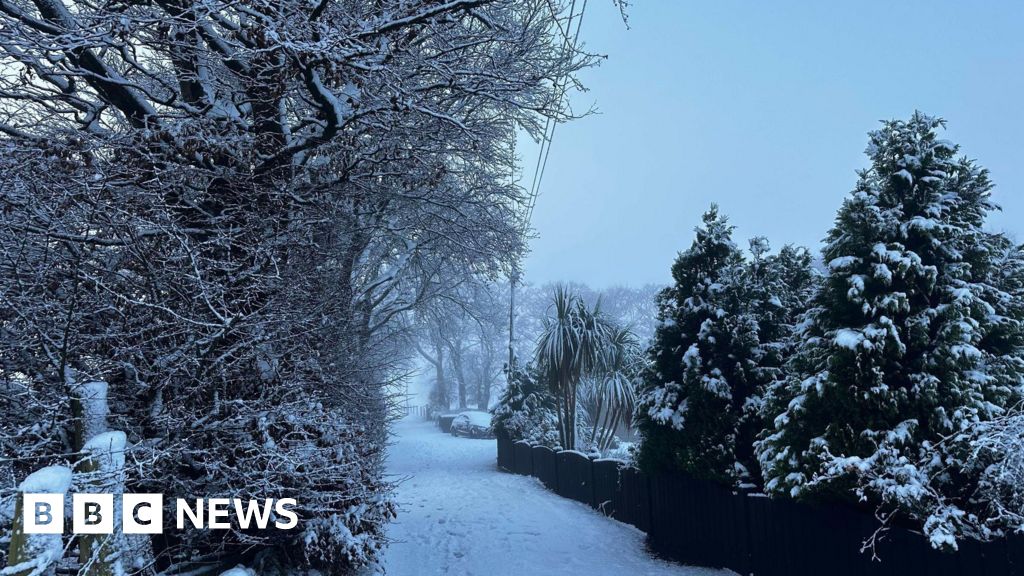Entertainment
Rishi Sunak says claims Rwanda plan is causing an influx of migrants into Ireland shows ‘deterrent’ is working
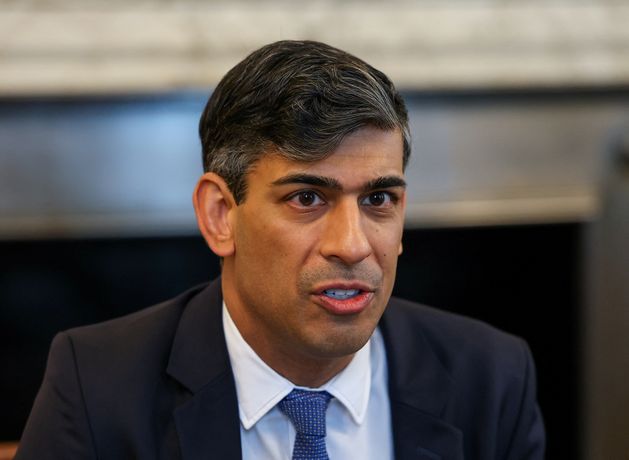
“The deterrent is … already having an impact because people are worried about coming here,” the British Prime Minister said.
It comes after the Tanaiste, Micheal Martin said the UK’s asylum policy is driving migrants in fear of being deported to Rwanda across the border from Northern Ireland into the Republic.
Today’s News in 90 Seconds – April 27th
UK ministers plan to send asylum seekers coming to the UK on a one-way flight to the east African nation, with the aim of deterring others from crossing the English Channel on small boats.
The legislation ensuring the plan is legally sound, the Safety of Rwanda (Asylum and Immigration) Act, cleared its passage through the British parliament this week and was signed into law on Thursday.
In response to Mr Sunak’s comments a spokesperson for the Taoiseach said: “The Taoiseach doesn’t comment on the migration policies of any other country but he is very clear about the importance of protecting the integrity of the migration system in Ireland.
“Ireland has a rules-based system that must always be applied firmly and fairly. In that context, the Taoiseach has asked the Minister for Justice to bring proposals to Cabinet next week to amend existing law regarding the designation of safe “third countries” and allowing the return of inadmissible international protection applicants to the UK,” the spokesperson said.
“This is one of a number of measures we are taking to strengthen our system and ensure that it is strong, effective and agile. Rules and the integrity of our migration system will be to the fore of our actions.”
In an interview with Sky News’ Sunday Morning with Trevor Phillips, which will air in full on Sunday, the UK Prime Minister was challenged over whether the UK is simply exporting the problem.
Mr Sunak said: “My focus is on the United Kingdom and securing our borders.
“But what that comment illustrates is a couple of things.
“One, that illegal migration is a global challenge, which is why you’re seeing multiple countries talk about doing third country partnerships, looking at novel ways to solve this problem, and I believe will follow where the UK has led.
“But what it also shows, I think, is that the deterrent is, according to your comment, already having an impact because people are worried about coming here and that demonstrates exactly what I’m saying.
“If people come to our country illegally, but know that they won’t be able to stay, they’re much less likely to come, and that’s why the Rwanda scheme is so important.”
Downing Street on Friday rebuffed claims the Rwanda plan was already influencing movements into Ireland, saying it was too early to jump to conclusions on its impact.
Micheál Martin. Photo: Niall Carson/PA
Mr Martin told reporters in Dublin on Friday: “Clearly, we’ve had an increase in the numbers coming into Northern Ireland into the Republic. And it’s fairly obvious that a Rwanda policy, if you’re a person in a given situation in the UK and well, then you don’t want to go to Rwanda – not that anybody has gone yet, I hasten to add.
“So I think it’s a fair comment of mine. There are many other issues – it’s not in any way trying to blame anything or anything like that.”
But a No 10 spokeswoman told journalists in Westminster: “It is too early to jump to specific conclusions about the impact of the Act and treaty in terms of migrant behaviour.
“Of course, we will monitor this very closely and we already work very closely as you would expect with the Irish government, including on matters relating to asylum.
“But of course, the intention behind the Act is to have it serve as a deterrent and that is why we are working to get flights off the ground as swiftly as possible.”
Mr Sunak this week acknowledged it could still take 10 to 12 weeks to get flights in the air, in a blow to his earlier target of seeing this take place in the “spring” of this year.
Irish ministers earlier this week suggested there had been a rise in the number of migrants crossing the land border between Northern Ireland and the Republic.
Justice minister Helen McEntee said the number was now “higher than 80pc” crossing from Northern Ireland.

